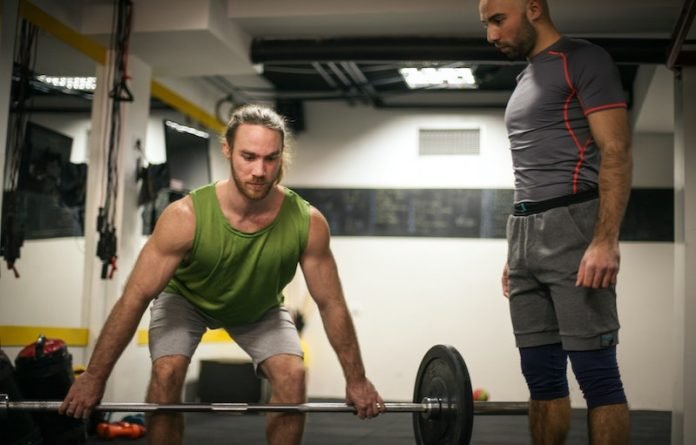
In a study from UC San Francisco, scientists found another long-term effect of COVID-19, identified months after infection: reduced exercise capacity.
They identified 38 previous studies that tracked the exercise performances of more than 2,000 participants who previously had COVID-19, including those with probable long COVID.
The researchers narrowed their analysis to nine studies in which the exercise performances of 359 participants who had recovered from the virus were compared to that of 464 participants who had symptoms consistent with long COVID.
The average age of the participants in these nine studies ranged from 39 to 56, and the average body mass index ranged from 26 (overweight) to 30 (obese).
The findings showed that the long COVID cohort in this subgroup may have reduced oxygen extraction in the muscles, irregular breathing patterns, and a lesser ability to increase heart rate during exercise to match cardiac output.
In addition, there was evidence of deconditioning, which occurs to some extent after most physical illnesses that result in inactivity, the researchers noted.
Importantly, not all the findings could be attributed to deconditioning.
In comparing exercise tolerance, the researchers found the long COVID group’s peak rate of oxygen was 4.9 ml/kg/min lower than the recovered group.
According to the first author, this difference is equivalent to 1.4 metabolic equivalents of tasks (METs), a measure of energy consumed during physical activities.
The team says this decline in oxygen peak rate would roughly translate to a 40-year-old woman with an expected exercise capacity of 9.5 METs, dropping to 8.1 METs, the approximate expected exercise capacity for a 50-year-old woman.
They suggest further research should include long-term observational assessments to understand the trajectory of exercise capacity.
Studies of potential therapies are urgently needed, including studies of rehabilitation to address deconditioning, as well as further investigation into dysfunctional breathing, damage to the nerves that control automatic body functions, and the inability to increase the heart rate adequately during exercise.
If you care about COVID, please read studies about drug duo that may cure COVID-19 together, and flu and COVID-19 vaccines may increase heart disease risk.
For more information about COVID, please see recent studies about a universal antibody therapy to fight all COVID-19 variants, and results showing scientists find COVID-19 is a vascular disease.
The study was conducted by Matthew S. Durstenfeld et al and published in JAMA Network Open.
Copyright © 2022 Knowridge Science Report. All rights reserved.


